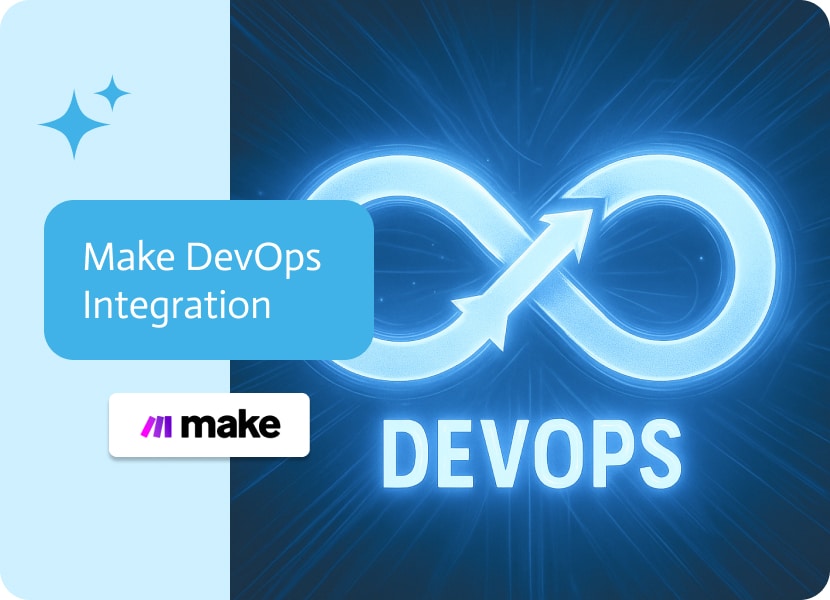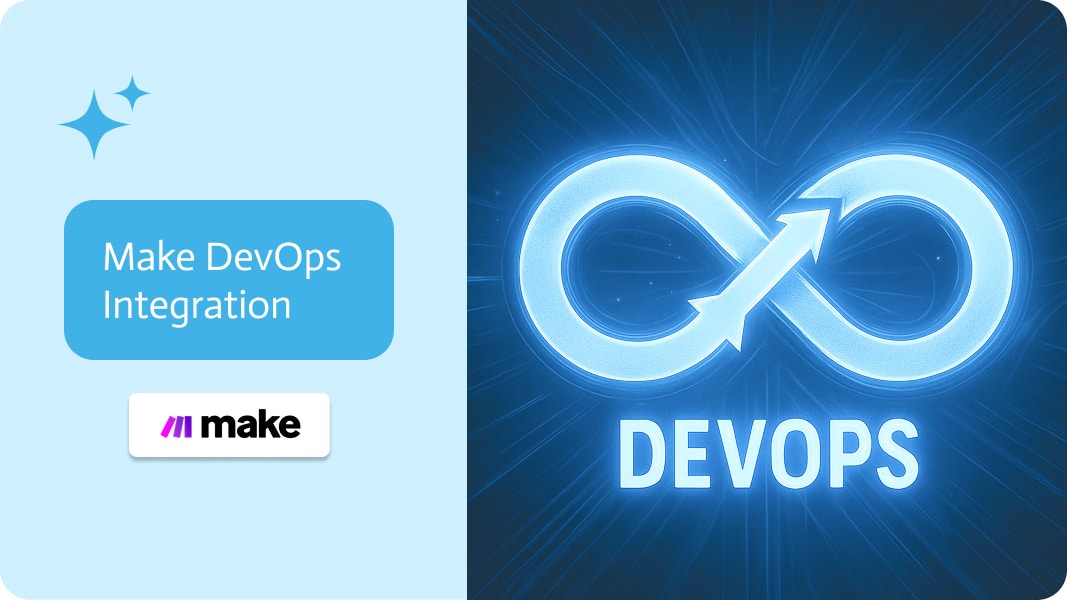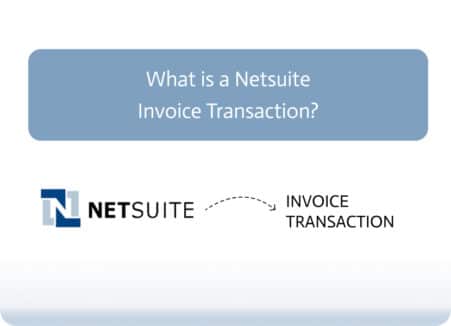

Make DevOps Integration
Introducing Make
In the fast-paced world of software development, efficient workflow management is key to success. Make, formally known as Integromat, is an integration and automation platform designed to simplify this process for businesses of all sizes. It allows users to connect various applications, automate repetitive tasks, synchronize data, and boost overall productivity. For small businesses and non-profit organizations, Make DevOps Integration is particularly valuable for integrating development and operations tools, ensuring a smooth software delivery process.
Top Use Cases for DevOps Integration with Make
1. Continuous Integration (CI): Automate Build and Deployment Processes
Continuous Integration is essential for maintaining code quality and accelerating development. By linking your version control system with CI tools through Make, you can automate build and deployment processes. This ensures faster and more reliable software releases.
Example: A small software development team integrates their GitHub repository with Jenkins using Make DevOps Integration. Whenever a developer pushes code changes, Make triggers Jenkins to automatically build and test the application. This provides quick feedback on code quality.
2. Monitoring and Alerts: Integrate Monitoring Tools with Alerting Systems
Effective monitoring and timely alerts are crucial for maintaining system health and quickly addressing issues. Make DevOps Integration enables seamless integration between monitoring tools and alerting systems. This ensures that the right people are notified immediately when problems arise.
Example: A startup integrates their Nagios monitoring system with PagerDuty through Make. When Nagios detects a critical issue, Make automatically creates an incident in PagerDuty, alerting the on-call team for immediate response.
3. Code Deployment: Sync Code Changes with Deployment Pipelines
Streamlining the deployment process is key to achieving faster time-to-market. Make allows you to connect code repositories with deployment tools, automating the process of pushing code changes to various environments.
Example: A small web development agency uses Make to connect their GitLab repository with their Kubernetes cluster. When code is merged into the main branch, Make automatically triggers the deployment pipeline, updating the application in the production environment.
4. Issue Tracking: Integrate Issue Tracking Tools with Development Environments
Keeping development teams aligned with current issues and priorities is crucial for project success. Integrating issue tracking tools with development environments through Make helps maintain this alignment and improves overall productivity.
Example: A non-profit tech organization integrates Jira with their Visual Studio Code environment using Make DevOps Integration. When a developer starts working on a new feature, Make automatically creates a new branch in their local environment based on the Jira ticket. This ensures proper tracking and organization of work.
5. Configuration Management: Automate Configuration Updates Across Environments
Maintaining consistent configurations across different environments is essential for reliable software operation. Make simplifies configuration management by automating updates, reducing errors, and saving time.
Example: A small DevOps team uses Make to integrate their Ansible configuration management tool with their CI/CD pipeline. When configuration changes are approved, Make automatically triggers Ansible to apply these changes across all relevant environments, ensuring consistency.
6. Log Management: Integrate Log Management Tools with Monitoring Systems
Effective log management is vital for troubleshooting and performance optimization. Make facilitates the integration of log management tools with monitoring systems, providing a comprehensive view of system health and performance.
Example: A tech startup integrates their ELK (Elasticsearch, Logstash, Kibana) stack with their Prometheus monitoring system using Make. When Prometheus detects an anomaly, Make automatically triggers a query in Elasticsearch to pull relevant logs. This helps the team quickly identify and resolve issues.
Alternatives to Make DevOps Integration for Larger Organizations
For larger organizations with more complex integration needs, there are several powerful alternatives to Make. Noca AI offers AI-driven, no-code integration solutions, leveraging natural language processing (NLP) to simplify and streamline even the most intricate workflows. MuleSoft is another strong contender, known for its robust API management and ability to handle complex integrations across various systems. Workato combines integration with automation, making it an ideal choice for large-scale operations that require both flexibility and efficiency. Additionally, SnapLogic provides a platform capable of managing large-scale data flows and complex integration scenarios, while Boomi, a Dell Technologies company, offers a comprehensive platform for integration, master data management, and API management.
These alternatives are better suited for larger companies because they offer advanced features and scalability that can handle the demands of enterprise-level operations. They provide enhanced security, compliance capabilities, and the ability to manage high-volume data transfers, which are critical for organizations operating in complex, regulated environments. Moreover, their robust architecture and extensive support for diverse integration scenarios ensure that these platforms can meet the unique challenges faced by large enterprises, allowing them to scale their DevOps practices efficiently and effectively.
Conclusion
For small businesses and startups, Make offers a powerful way to enhance efficiency, improve collaboration between development and operations teams, and accelerate the software delivery process (another option for such organizations is Zapier which offers similar capabilities and pricing). By automating tasks, synchronizing data, and ensuring seamless communication across platforms, Make allows organizations to focus on innovation rather than manual processes. However, larger organizations should consider more advanced alternatives like Noca AI, MuleSoft, or SnapLogic to meet their extensive needs and scale their DevOps practices effectively.


